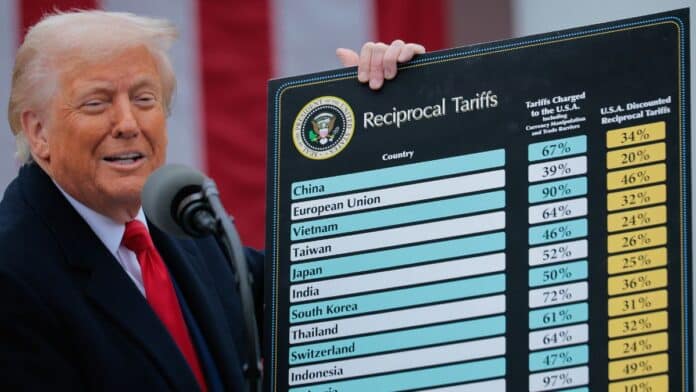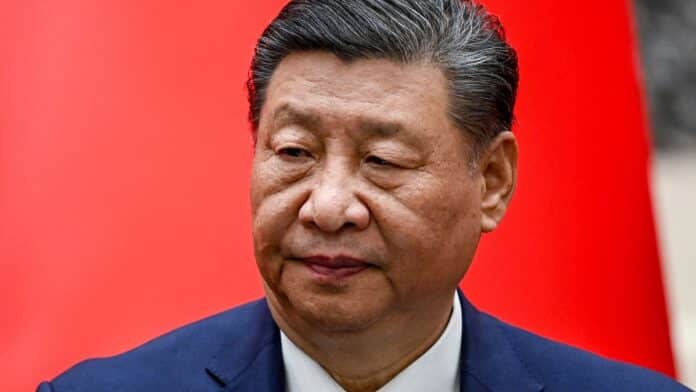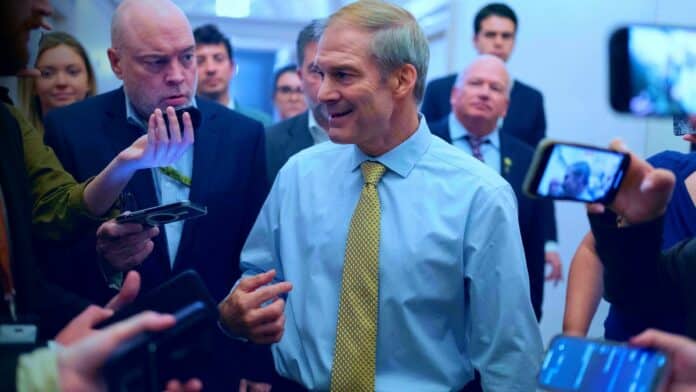U.S. Secretary of State Marco Rubio met with Mexican President Claudia Sheinbaum and Foreign Secretary Juan Ramón de la Fuente in Mexico City, where the leaders formed an agreement to address drugs, firearms, and migration through the southern border.
“The aim is to work together to dismantle transnational organized crime through enhanced cooperation between our respective national security and law enforcement institutions, and judicial authorities,” the agreement’s text reads. “Additionally, we are working to address the illegal movement of people across the border.”
The cooperation is designed to “strengthen the security along our shared border, halt the trafficking of fentanyl and other illicit drugs, and stop arms trafficking.”
Both the United States and Mexico have created a “high-level implementation group” to meet regularly on the agreement and follow up on their commitments, including on measures to “counter the cartels, strengthen border security, and eliminate clandestine border tunnels, address illicit financial flows, enhance collaboration to prevent fuel theft, increase inspections, investigations, and prosecutions to stop the flow of drugs and arms,” the agreement explains.
During a press conference, Rubio said, “Never in the history of both countries have we seen the level of cooperation that we have right now – cooperation at a level that respects integrity and the sovereignty of both countries, but at the same time, this cooperation has led to concrete outcomes – results that we’ve seen, for example, in the numbers.” He went on to describe those who are now facing criminal charges in the U.S.
Last month, Mexico transferred 26 alleged cartel members to the United States under an agreement that spared the members from the death penalty. In February, Mexico transferred 29 cartel members to the U.S.











